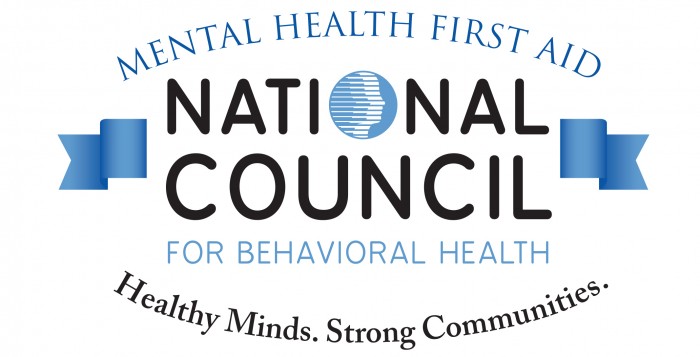National Council Statement on the Senate Version of American Health Care Act
Until today, it was hard to imagine a bill could be worse for Americans living with addiction and mental illness than the AHCA bill passed last month by the House of Representatives.
The Senate version of the American Health Care Act purports to be a “repeal and replace” of the Affordable Care Act, but is really a draconian restructuring and gutting of Medicaid, the program that covers 20% of Americans and is one of the primary payers of addiction and mental health treatment in the U.S.
Instead of “repeal and replace,” it is “wreck and wreak havoc.”
The bill’s supporters have said that their newest proposal would “soften the landing” for Americans who will lose Medicaid coverage. In reality, the landing would be catastrophic. There is nothing “soft” about ripping health care away from the 11 million Americans enrolled in the Medicaid expansion. The new bill also shifts hundreds of billions of dollars in costs to states—leaving them with a Sophie’s Choice of which populations and benefits to cut in order to close their budget shortfalls. Seniors? Pregnant woman? People with a preexisting condition, like cancer or a heart attack? Who do we help, and who do we turn our back on?
The Senate bill also slices and dices Medicaid enrollees into the deserving and the undeserving, exempting some populations with disabilities from the caps while leaving other vulnerable individuals—like people with addictions—out in the cold. Lawmakers must remember that people with addictions do not qualify as “disabled” under a Gingrich-era change that excluded them from Social Security Disability. The proposed cuts to Medicaid would disproportionately harm those who rely on Medicaid for lifesaving opioid addiction treatment, at a time when mortality from the opioid epidemic is growing at devastating speed each year. We are facing a national emergency on opioids – now is hardly the time to reduce our efforts.
The bill’s feeble attempts to bolster psychiatric treatment while stripping health care away from millions are paltry at best. While the outdated law prohibiting Medicaid funding for services provided in residential or inpatient treatment settings deserves to be changed, the small tweak to this payment exclusion that is included in the bill will do nothing to mitigate the loss of Medicaid coverage for millions—nor does it provide for important outpatient care serving people in their own communities. The proposed one-year grant fund for mental health and addiction treatment in 2018 doesn’t come close to meeting the real—and growing—need for care. Grants are not a substitute for health coverage. We don’t rely on grants for the treatment of heart disease or cancer, and addiction and mental health should be no different.
Congress has made incredible strides in advancing access to care for mental illness and addiction in recent years. It is shocking that members of Congress – many of whom have family members who would be affected and all of whom represent constituencies who would be gravely harmed – would even consider a bill that would obliterate these gains, returning us to the days when people with mental illness or addiction couldn’t access treatment.
This is not our vision for America. Slashing billions of Medicaid dollars from state budgets would cost hundreds of thousands of lives. The National Council urges the Senate to vote down this reprehensible bill.
###
The National Council for Behavioral Health is the unifying voice of America’s community mental health and addictions treatment organizations. Together with 2,800 member organizations, it serves more than eight million adults and children living with mental illnesses and addiction disorders. The organization is committed to ensuring all Americans have access to comprehensive, high-quality care that affords every opportunity for recovery and full participation in community life. The National Council, the Maryland Department of Health and Mental Hygiene, and the Missouri Department of Mental Health pioneered Mental Health First Aid in the U.S. and has trained more than 1 million individuals to connect youth and adults in need to mental health and addictions care in their communities. To learn more about the National Council, visit the official website.











